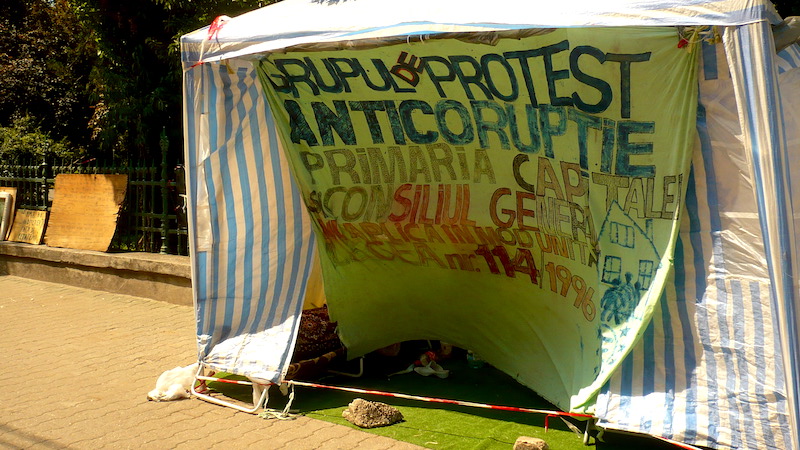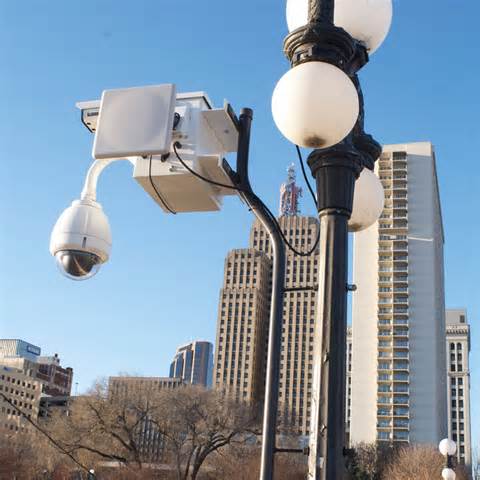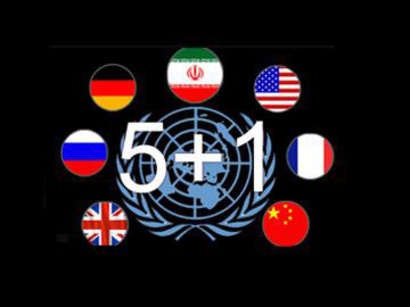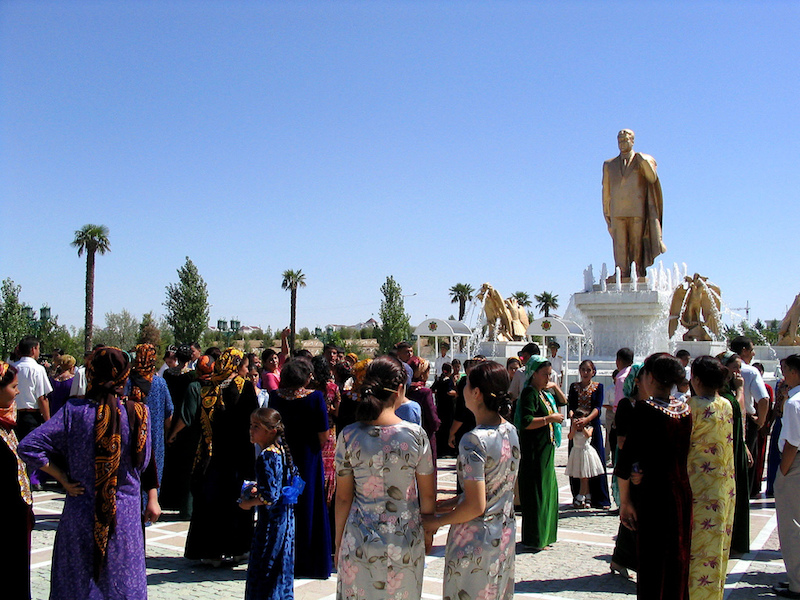When you walk in the main downtown part of Bucharest, you cannot help but feel that you are at the heart of a vibrant European city. Romania is a modern European state, but nonetheless one of EU’s most corrupt countries. Corruption has interfered with the politics and public life for decades, and undermined faith in government and state institutions.
The communist era in Romania ended violently in 1989 with the execution of President Nicolae Ceausescu. Despite the 25 years that have passed, many say they feel that the governing elite has not changed sufficiently, and that corruption and nepotism still rule the day. EU justice commissioner Viviane Reding said she remains “very much worried” about the state of democracy in Romania, noting that Bucharest has yet to fulfill the reform promises it has made.
When Romania joined the EU in 2007, there was a lot of opposition across Europe. Romania may not have complied with all the Copenhagen criteria, but as part of the fifth enlargement wave, it joined the EU. Asked if Bulgaria and Romania- being in fact unprepared to join, were benefiting from a political momentum at the time, researcher Frison-Roche stated that the decision for Romania’s and Bulgaria’s accession was more strategic and geopolitical. “It was better to have these countries on board and influence them in this new capacity, rather than letting them become festering wounds, in the context of the problems of the Western Balkans, which would have contaminated a whole region.”
Finally, in November 2015, the corruption problems in Romania reached the public attention. Romania’s Prime Minister, Victor Ponta, had continuously been under pressure to resign after being indicted for forgery, tax evasion, and money laundering as part of a far-reaching anti-corruption drive by state prosecutors. It wasn’t until large protests followed a nightclub fire that he finally stepped down. Protesters linked the cause of the fire that killed 41 people, with negligence from the side of the government and nightclub owners to meet safety regulations. “I am obliged to take note of the legitimate grievances which exist in society. I hope handing in my government’s mandate will satisfy the demands of protesters.”
Dacian Ciolos, who previously worked at the European Union, has served as interim prime minister since then. Ciole has said that he will remain in office until the next Prime Minster is chosen after parliamentary elections, expected to be held towards the end of 2016.
When asked if Romania was willing to cooperate even further with the West, the interim Prime Minister Ciole emphasized that more cooperation with all NATO allies was essential. Romania will propose at the next NATO summit that the Alliance reinforces not only the southeastern flank of Europe, but also focus on the Baltic states, which have a direct border with Russia. Romania holds a very strategic position in the region. The relationship between Romania and the U.S has been at the highest level in history. There have been strategic partnerships, made concrete with defense and security projects. Most recently, U.S and Romanian naval vessels began joint exercises to enhance NATO’s maritime interoperability on the Black Sea, which has been met with great suspicion by the Russians. At a time of political instability in the region, having rule of law and stability in the country is essential, in order for Romania to be a reliable member to the Alliance.
Can Romania attribute some of its problems to its constitutional system?
Romania’s political framework is a semi-presidential, representative democratic republic, with the Prime Minister as the head of the government and the President as the head of state. Part of the problem does rest within its semi-presidential system, which bestows considerable legitimacy on the president and the parliamentary majority, both directly chosen by the people in elections held separately. Presidential and parliamentary elections were last organized together in 2004. Since then, the presidential mandate has been extended to five years, whereas the legislative term remained four years.
Until 2012, President Basescu repeatedly stripped cabinets of some of their key responsibilities, and accepted only governments formed by the Democrat Liberals. His decision to announce in 2010 the introduction of austerity reforms in response to the global financial crisis, might have protected the Democrat Liberal cabinet from public rage, but also weakened the presidential office as an institution, since economic policy is not among its responsibilities. Basescu’s insistence on including his political allies, the Democrat Liberals, in all cabinets, ruined expectations of political representation, since the party won fewer votes than its main opponent, the Social Democrats, in 2004 and 2008.
One notable paradox of the legal reform process in Romania is that the country’s institutions and existing legislation are comparable to European peers. However, it is in the management of its justice system, where Romania falls behind its European peers. In many cases, only a regulatory or institutional adjustment would be needed. In others, it is merely a case of fully implementing existing rules.
As corruption continues to be regarded as one of the main problems damaging Romania’s public system, supporting further reform in this area is crucial from a public image, security and business perspective.
Photo: Anticorruption protests in Romania (2009), by Cinty Ionescu via Flickr. Licensed under CC BY-NC 2.0.
Disclaimer: Any views or opinions expressed in articles are solely those of the authors and do not necessarily represent the views of the NATO Association of Canada.




